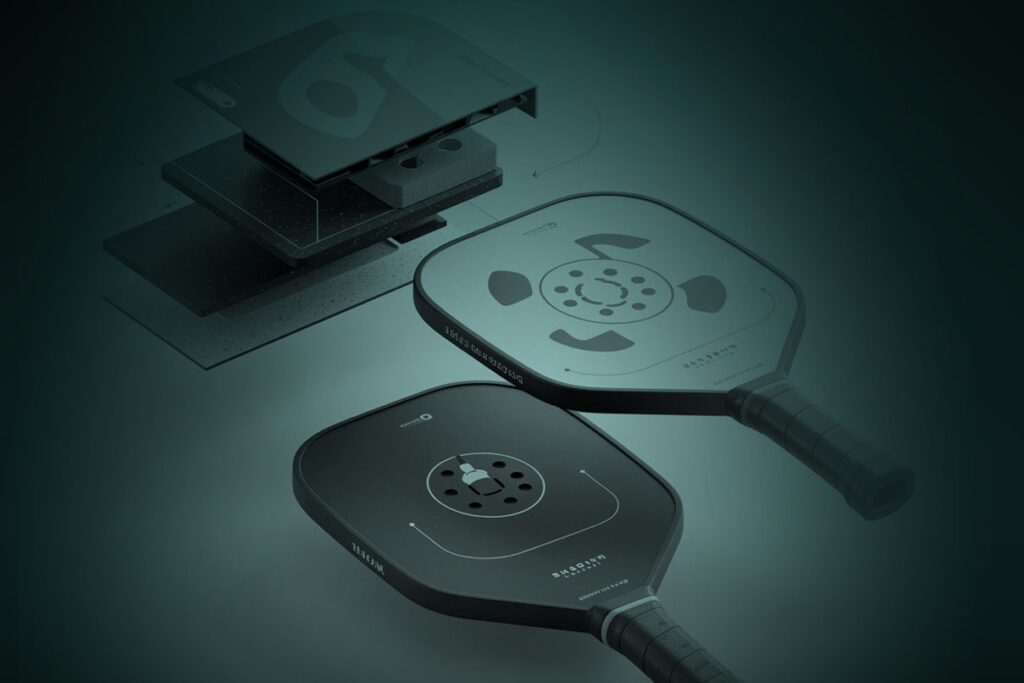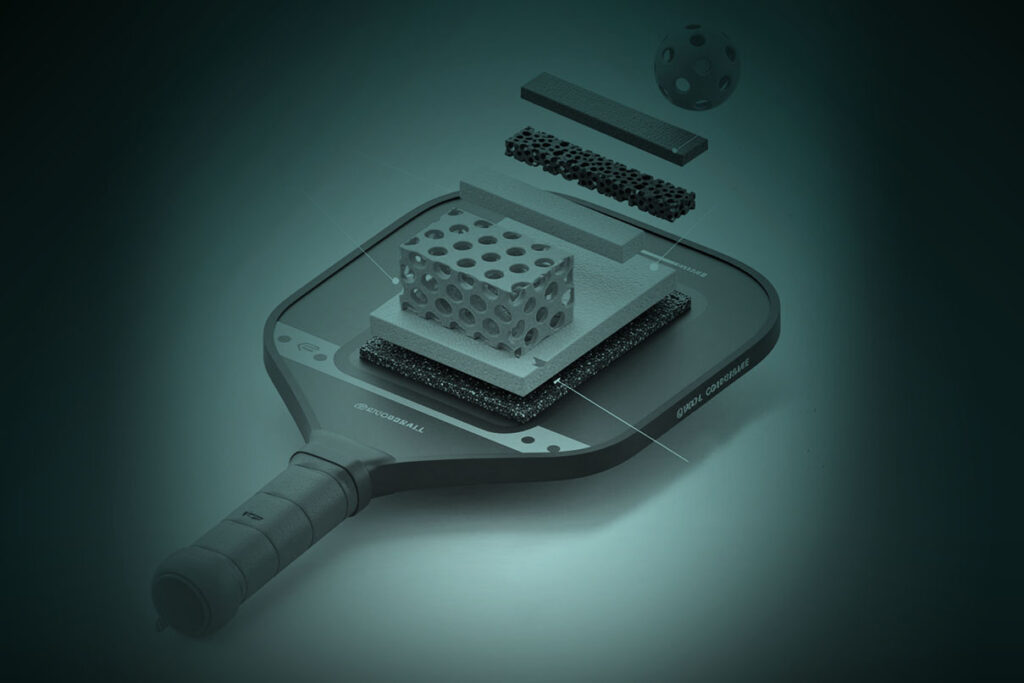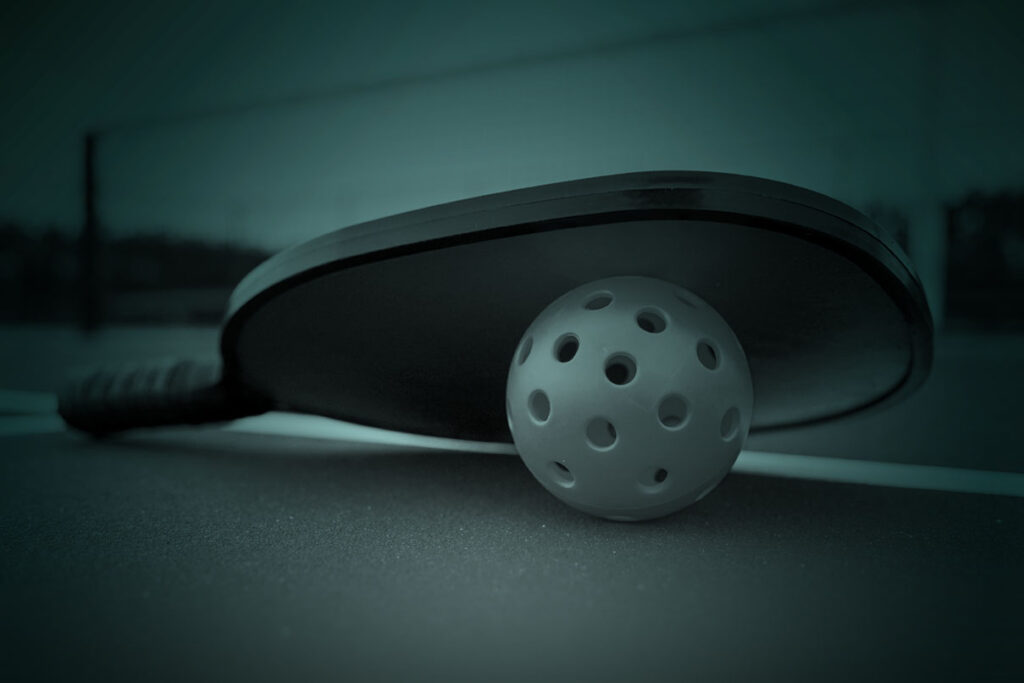PICKLE PRO
LABS


SETTING THE STANDARD
At Pickle Pro Labs (PPL), we are redefining the future of Pickleball equipment compliance and performance. Founded by industry veterans with decades of experience in sports equipment standards, performance testing, and product compliance, our team has worked alongside governing bodies and top manufacturers in Golf, Baseball, Softball, Football, and Tennis. We’ve played a crucial role in shaping some of the most successful and long-standing compliance programs in sports—and now, we’re bringing that expertise to Pickleball.
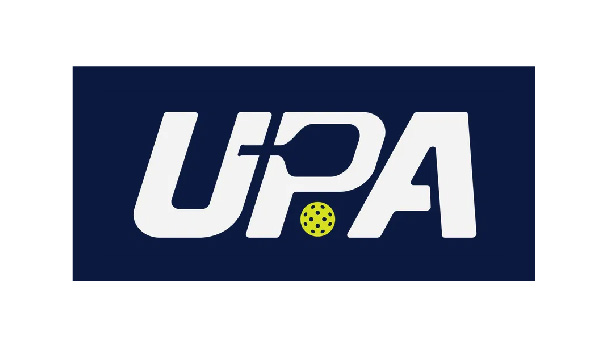
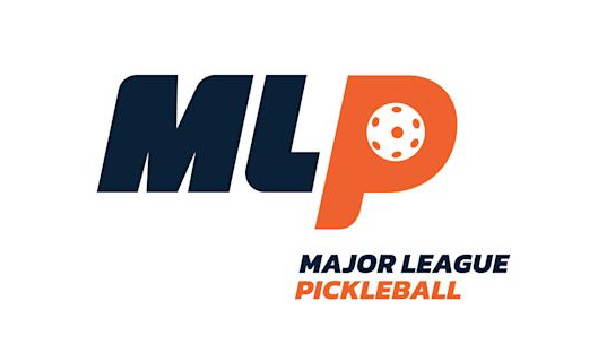
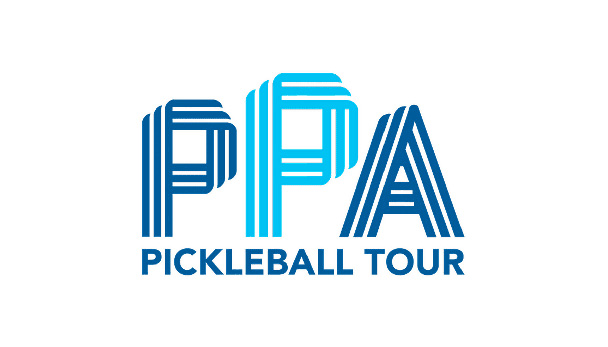
Our Services
PERFORMANCE DEFINED
Since the early 2000s, numerous performance standards for sporting goods have been introduced, often sparking debate among stakeholders with competing interests. The development of pickleball’s PBCOR paddle performance standard has been no exception. A key challenge for manufacturers has been the lack of accessible testing equipment and third-party labs, making it difficult to measure compliance.
As manufacturers gain access to testing resources, industry uncertainty should ease. While consensus on every aspect of a new standard is unlikely, all parties can agree that effective performance standards benefit the sport. To support this transition, PPL aims to share general insights on PBCOR trends, helping the market understand how it relates to familiar paddle characteristics like thickness and stiffness. The following summary presents key findings from an analysis of widely available paddles.
INDUSTRY INSIGHTS
PADDLE PERFORMANCE TRENDS
Since the early 2000’s many new performance standards for sporting goods products have been developed and implemented. These standards range from baseball and softball bat performance standards to football helmet standards. The development and implementation of new standards tends to pit those who would benefit from change against those that would benefit from the status quo. It also tends to pit skeptics against academics and product manufacturers against rule makers/governing bodies. If the last 20 years of developing and implementing standards has taught us anything, it is that the process is never easy, it is always messy. This should come as no surprise however, because with so many competing opinions and interests at stake, it is difficult to imagine a scenario in which the process would be considered seamless and simple by all affected parties.


